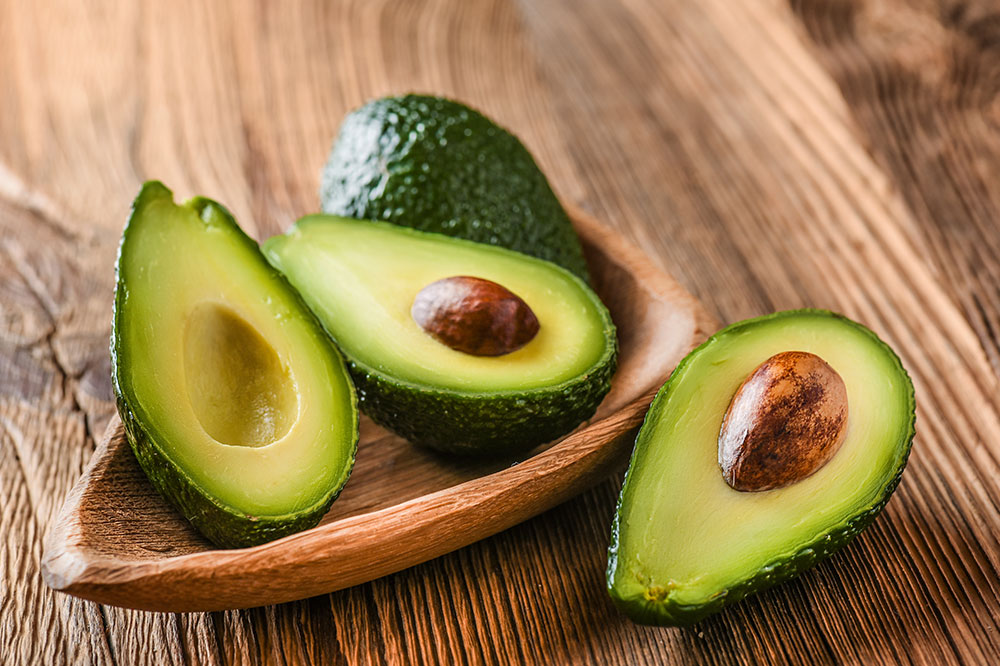
Foods and treatments for gastrointestinal stromal tumors
GISTs or Gastrointestinal Stromal Tumors are rare types of cancer that develop in the gastrointestinal tract, commonly known as the digestive tract. The wall of this tract has special cells called the interstitial cells of Cajal, which help the stomach muscles to move the food along during the digestive process. Knowledge of food, nutrition, and treatment options can be helpful in managing this illness a little better. This article talks about the same in detail.
Food and nutrition
Food is an important source of energy, especially during an illness when the system requires an additional boost to recover from and manage symptoms. While there is no conclusive research to suggest any particular food can help prevent or cure cancer, there is research to suggest what food groups might or might not be helpful in maintaining a low-risk cancer lifestyle.
Turmeric
The curcumin in the herb has medicinal properties has been found out via several studies and research in the past years. According to a clinical study, those with a particular type of cancer were treated with intravenous and imatinib medication to promising results.
Vitamin B12
It has been studied that the consumption of vitamin B12 can help in reducing anxiety and weakness during GIST treatment. This B12 deficiency can be due to anemia and, hence, consuming foods like clams, sardines, beef, tuna, trout, salmon, fortified nutritional yeast, yogurt, cheese, and eggs is recommended.
Fiber
Foods rich in dietary fiber are considered good for those suffering from GISTs and undergoing treatment. Oats, cabbage, and even bamboo are considered to be healthy food options. These can help the digestive process, making it easy on the body by not expending excess energy.
Milk products
While milk products contain vitamin B12, some people undergoing GIST treatment may become intolerant towards dairy and its byproducts. Lactose intolerance can either be temporary or even permanent in some cases. It can lead to abdominal pain and other complications during the treatment, so consult a doctor for a proper diagnosis and treatment plan.
Red meat
Fried foods, sugary beverages, and even processed meat should be avoided at all costs for those suffering from GISTs. A study conducted in 2014 by Israeli researchers suggests that there is high risk involved between obesity and GISTs. This makes it clear that foods that are usually considered “junk” or even “fast foods” are to be strictly cut down from the meal plan.
Apart from these types of foods, make sure you stay clear of peppermint, corn, bell pepper, and tarragon unless it is in minimal amounts. Avoiding carrots, nutmeg, fenugreek, honeysuckle, and coconut is also advised to those recovering from the illness as they can irritate the stomach. Always take a doctor’s consent before embarking on any new diet to ensure continued holistic recovery.
Treatment options
There are various treatment options that can be explored for GIST such as the ones below.
Surgery
This is an option chosen when the GIST has not spread too far and can be reached and removed without much damage to the tissue. Depending on the diagnosis, the surgery can be done using a laparoscopy, which means the whole stomach does not need to be cut. There are small incisions made on the wall of the abdomen through which the laparoscopy is done. The instruments enter through these incisions to remove the tumor or infected tissue.
Targeted therapy
This is a treatment option in which medication is used to specifically identify and target the cancer cells in order to kill them. It is studied that this kind of therapy proves to be less harmful to normal cells unlike in radiation or chemotherapy.
There are several medications used in targeted therapy; they are called tyrosine kinase inhibitors or TKIs that essentially work on blocking the cancer cell/tumor growth. These inhibitors are used to shrink the tumors to a size safe for surgical removal. There are some medications like imatinib mesylate, or sunitinib, or even ripretinib, which have been useful in the treatment. Ripretinib is a medicinal inhibitor specifically used to treat gastrointestinal stromal tumors that have reached an advanced stage. It is approved to be used for adults, especially those who have also received some prior kinase inhibitor treatments with other medicines like imatinib. According to professionals, the recommended dosage of ripretinib is about 150 mg orally once daily with or without food.
Supportive care
While this may not seem like treatment, supportive care is crucial for those going through GIST removal treatment. The procedures are exhausting and additional care and support play a huge role in recovery. For example, pain and anxiety can be difficult to manage and some doctors suggest radiation therapy to reduce the pain. Other side effects, which can be physical, psychological, or social, need addressing to ensure a holistic recovery is achieved by the patient.
Monitoring
Another necessity is to be watchful of the patients after their surgery or other treatment plans. Observing their recovery to ensure there aren’t any severe side effects or complications is important in reaching a healthy state again.
Clinical trials
This may be something that patients can do after a thorough discussion with their doctor. Clinical trials are done where new types of medication or therapies are tried with no hundred percent guarantee. However, all people respond differently to these trials and it may very well work to remove and cure the GISTs. Make sure you go through the details of the procedure, side effects, and recovery program in detail. Also, ensure to follow through with the instructions given by the doctor to ensure maximum success.
Apart from taking the support of your family and friends, it is advisable to join a cancer support group that may help to reduce or cope with any psychological stress that can be caused due to such an illness.